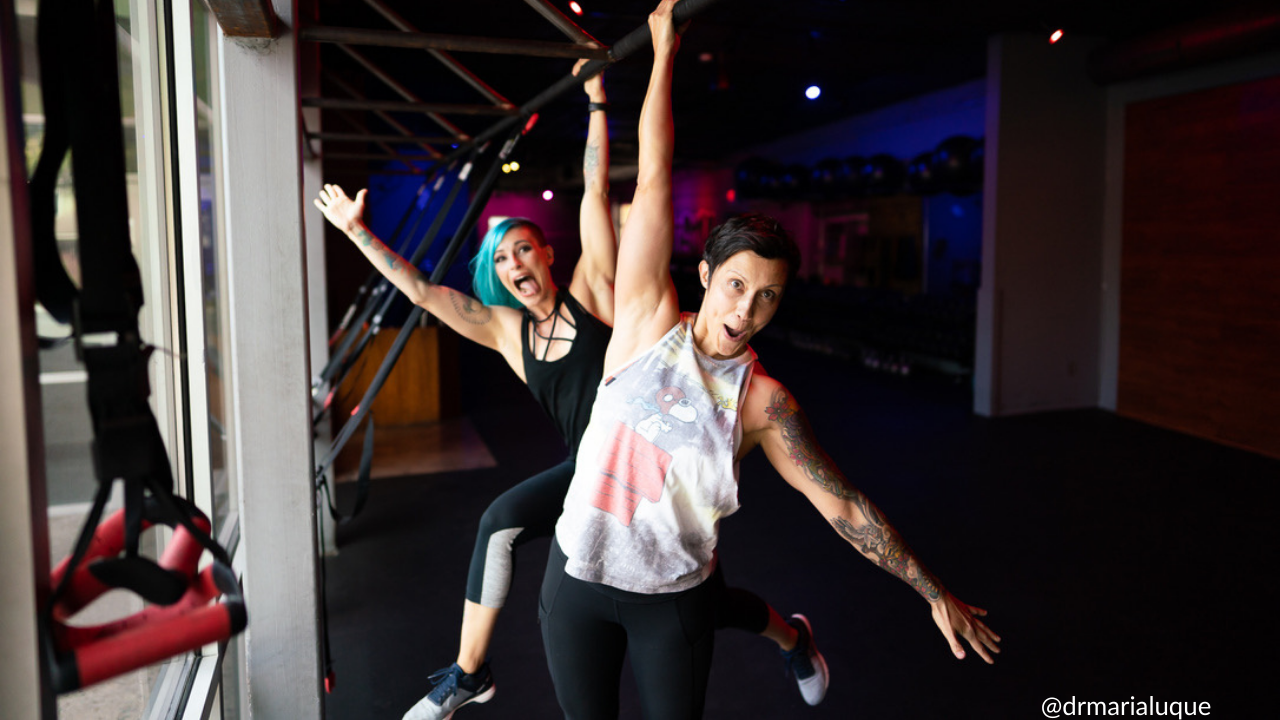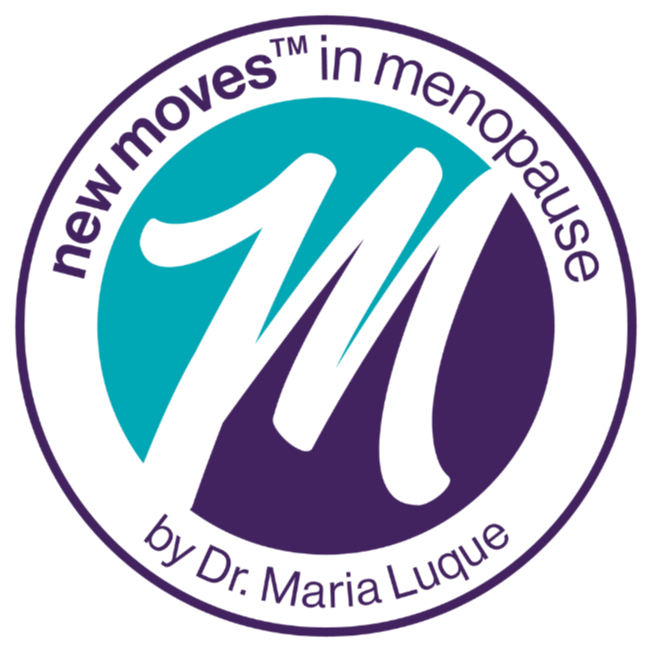Is Your Workout Happiness Proof?
Jul 09, 2022
Exercising for happiness - imagine that. My slogan is "make working out fun, and the rest will come." I believe that if we enjoy what we do, everything else will fall into place. Sadly, somewhere along the line, the messaging about exercise has become that we should do more, we should do things that we may not like but that are “healthy” for us, that if we just force ourselves to “push through the pain.” And if we do all that, then everything will be ok. I have done all of those, and I’m sure you have too, just to find out that you give up after a while because you forgot to factor in if you enjoy it. I firmly believe that without joy in what you do, you will not stick with it. You can’t create a sustainable exercise routine if you don’t enjoy it.
I believe that if you start from a positive place, you’ll end up in an even more positive place. Conversely, your battle will be much more uphill if you start in a negative place. For example, if you start exercising for weight loss, what happens when you lose the desired weight? Will you continue? Will you stop now that you have reached your goal? People often do, BUT what if we exercise because it makes us happy or improves our overall quality of life? Chances are we won't stop because who wants to stop being happy? And the super cool thing is that when we regularly exercise, there is a high chance our body will change with it.
So how do you make your workouts fun? Here are a few questions that can help:
- Do you look forward to your workout, or are you dreading it? If you’re dreading it, why? If you look forward to it, why? Finding answers to these questions will help you narrow down what motivates you and what kills your motivation.
- Why do you work out? Is it a specific metric? If so, what happens when you hit that metric?
- Do you think that unless you end up in a puddle of sweat, completely exhausted, your workouts don’t count?
- How do you choose your workouts/exercises? Are you following someone else’s recommendations, or are you basing it on your experience of trying different things and picking things you enjoy?
- Have you tried something new lately, revisited something you used to like, or do you stick to the same routine?
These answers aim to find out what YOU like, not what anyone else tells you to do or what you think you should do. Also, exploring why you like or dislike things helps you find ways to do more of what you want and less of what you don’t. Use your own experiences to determine what is fun and what isn’t. I have many friends who can’t live without a long run, but the thought of running for more than 10 minutes gives me anxiety. Everybody likes different things, and that’s ok. You can find your own path and have fun doing it!
Another fantastic benefit of enjoying your workouts is that doing the exercises results in more happiness. I love that there are more studies about the happiness and quality of life components of exercise. And I love even more that the studies reveal a consistent positive relationship between physical activity and happiness. For example, a study using data from 25 countries showed that people that participated in regular exercise reported higher scores in life satisfaction. Another study showed that participants who started on a regular physical activity program showed significant happiness improvements compared to those who did not exercise. And yet another study, researchers concluded that exercising makes you happy and strong and that “physical activity is a key element for women's self-reported psychological well-being.” How exciting is that?
How long do these workouts have to be to have positive results? A literature review of 1142 records showed that as little as 10-min physical activity per week or one day of exercise per week might increase happiness levels. In addition, an article in the European Journal of public health showed that moderate-intensity activity had better well-being results than high-intensity exercise.
My reason for sharing all this research is to show you just how abundant our knowledge is on the positive impact of exercise and movement on happiness and well-being. The type, intensity, duration, and frequency are different in all studies, but the result is the same: exercise makes you happy! Learning to make exercise fun will help you want to do it rather than feeling obligated.



